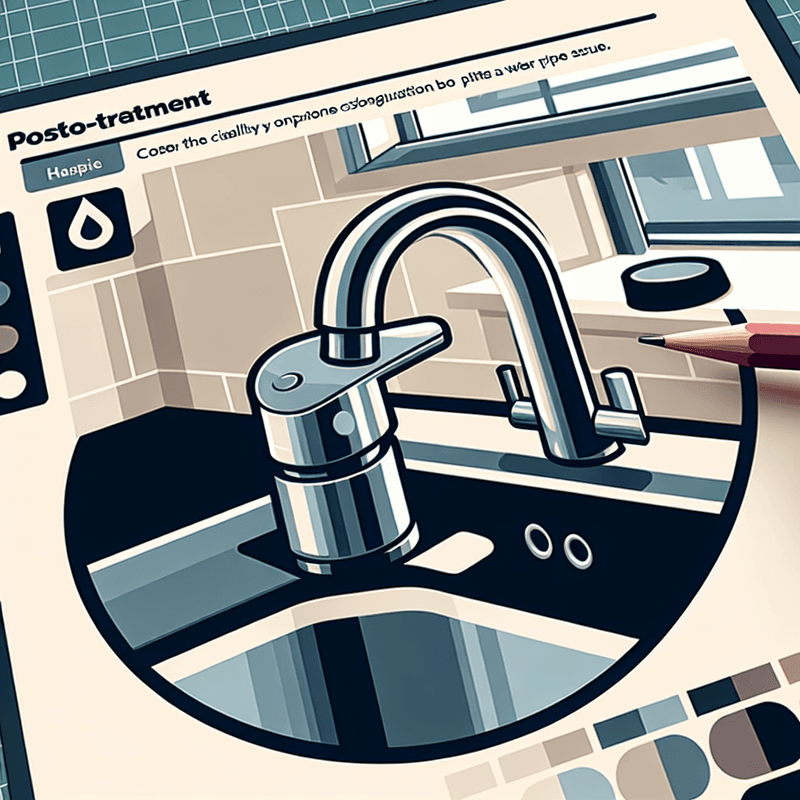Experiencing a noisy or vibrating washing machine can be a concern for anyone. Often, it disrupts the peace of your living space and might even cause you to worry about the longevity and safety of your appliance. If you've noticed your washing machine dancing around the room or creating more racket than a drum band, you're not alone. This issue, although common, can vary in its causes and solutions.
A vibrating washing machine isn't just a nuisance but can also put undue stress on the structure of your house, especially if installed on the upper floors. Understanding the root causes, checking for simple problems, and knowing when to call in a professional can save you time, money, and ensure your washing machine runs smoothly.
Identifying the Problem
Uneven Flooring
One of the primary reasons for a washing machine to vibrate excessively or make loud noises is an uneven floor. Most washing machines are quite heavy, and if placed on an uneven surface, will tend to move or vibrate aggressively during operation.
Improper Installation
Another frequent culprit is improper installation. All washing machines come with adjustable legs designed to ensure the appliance is perfectly level. If these aren’t adjusted correctly during installation, it could lead to significant vibration and noise.
Worn Out Suspension
Over time, the suspension system that helps to absorb the movement of the drum can wear out. This is particularly common in older machines or those that see heavy use.
Overloading or Underloading
Believe it or not, how you load your washing machine might also be causing it to shake. Overloading the machine with clothes can cause it to become unbalanced, but so can underloading it.
Solutions You Can Try
Checking Installation and Leveling
Firstly, ensure your machine is installed on a flat, hard surface. You can use a spirit level to check if the appliance is level. If not, adjust the legs as per the manufacturer’s instructions until it is.
Redistributing Laundry
Try redistributing or adjusting the load inside the drum. Sometimes simply adjusting the items can stop the excessive vibration.
Replacing Worn Components
Inspect for any visible signs of wear on the belts and hoses. Replace these components if they appear frayed or broken. Similarly, check the suspension system and consult your manual on how to inspect these parts correctly.
Using Anti-Vibration Pads
Consider purchasing anti-vibration pads. These specially designed pads go under the feet of your washing machine and can significantly reduce noise and movement.
When to Call a Professional
Persistent Issues Despite Troubleshooting
If you've tried balancing the load, ensuring everything is leveled, and checked all visible parts for wear and tear, but the problem persists, it might be time to call in a professional.
Strange Noises
If the noises accompanying the vibrations are unusual, like banging or scraping, it's advisable to consult with a technician. These sounds could indicate more serious internal issues such as a failing motor or drum bearings.
Signs of Electrical Issues
If you spot any signs of electrical issues, such as the appliance ceasing to operate suddenly during cycles or not turning on at all, professional help is crucial. Electrical issues can be dangerous and should be addressed by a qualified expert.
Prevention for the Long Term
Regular Maintenance Checks
Preventative maintenance can significantly prolong the life of your washing machine. Regularly check and clean the filters, ensure no excess detergent residues are building up, and listen for any early signs of trouble, like minor vibrations or noises.
Avoid Overloading
Make sure to follow the manufacturer's guidelines concerning the load size. It's tempting to shove just one more towel in, but this could be what's causing your noise problems.
Inspect Regularly for Levelness
Over time, your washing machine's legs can shift. Periodically check to ensure that your machine is still level to avoid vibrations starting anew.
Conclusion
Dealing with a noisy, vibrating washing machine can be frustrating, but often, the solutions are straightforward. By understanding what causes these issues and how to fix them, you can often save yourself a considerable amount of stress and expense. Whether it's checking for an even surface, redistributing the wash load, or knowing when it's time to call in the professionals for a deeper look, these steps can help maintain your washing machine's performance and ensure peace at home. For the best results and to prevent future issues, regular checks and maintenance should become part of your routine.





